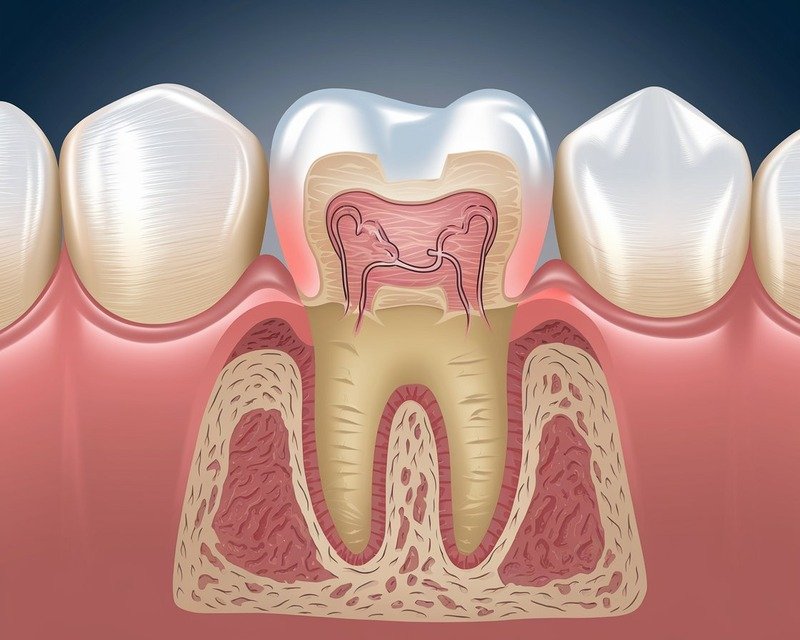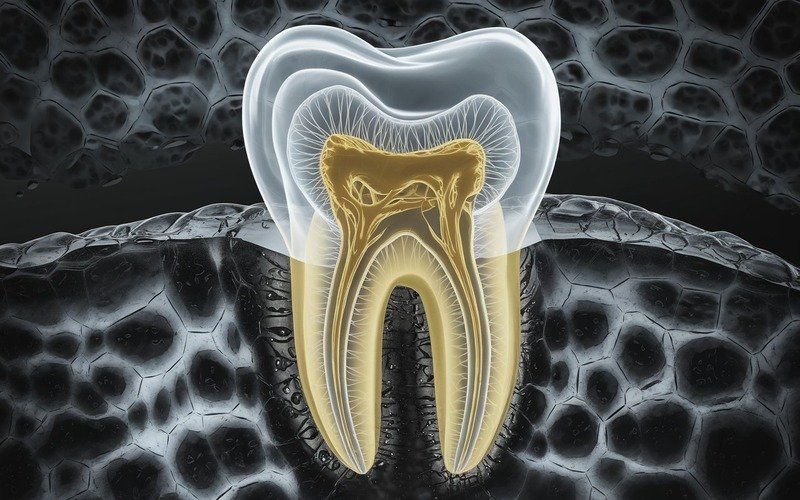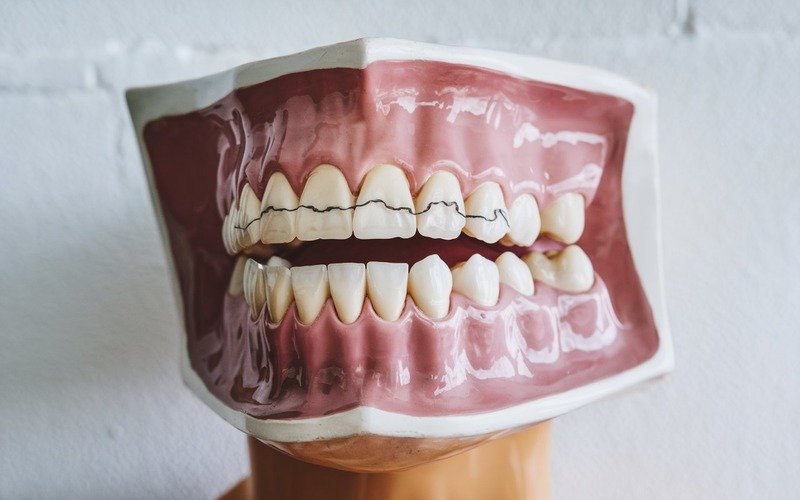
You know that moment when you take a sip of ice-cold water or bite into something sweet, and suddenly your tooth sends a lightning bolt of pain straight through your skull? Yeah, that awful, sharp sensation that makes you want to curl up and cry. It’s not just in your head-tooth nerve pain is real, and it can be seriously miserable.
Most people just pop a painkiller and hope it goes away. But what if I told you there’s actually a reason behind that pain, and ignoring it could make things way worse? This guide will break down exactly what’s going on in your mouth and how to handle it before you lose your mind (or all your teeth).
What’s Really Happening Inside Your Tooth?
Discussing your tooth as if it were a small, complicated structure is a good place to start. Think of the nerve as the living, breathing, and very sensitive part tucked deep inside a tooth, totally in tune with-and totally upset by-anything and everything that might disturb its peace. Like a hangry homeowner, a tooth nerve that doesn’t like what’s happening around it turns ratty at the slightest provocation. What makes it go off the deep end?
Your tooth’s inner chamber is delightfully complex. The pulp holds the nerve safe and sound. Yet when the nerve gets irritated, it doesn’t put out a weak little signal that just might get your attention. Oh, no. It goes crazy and sends out pain signals begging you to pay attention to what’s happening inside the tooth.
Common Triggers That Make Tooth Nerves Go Crazy
Many people don’t understand how many stimuli can set off the nerve that’s in a tooth. It can be set off by what’s done to it from outside or from inside the mouth. For instance, people don’t usually think about how temperature alone can affect a tooth’s nerve.
But it can, and it does-sometimes with a surprising amount of intensity. Two of the biggest triggers are heat and cold, in their near and far extremes. We all know that a tooth can be sensitive to these two kinds of temperature. But the degree of discomfort that can be experienced by taking a sip of a hot beverage, or a taste of a frozen dessert, can be almost equally excruciating.
Foods that are sugary or acidic are basically like home invaders for your tooth nerves. These substances can erode protective enamel, making direct pathways for irritants to reach the innermost, most sensitive parts of teeth.
The physical damage of a crack, chip, or severe decay is like breaking a window in a tooth’s protective structure-a wide-open pathway for anything and everything to get in and mess with the nerve.
You May Like: Why Do My Teeth Hurt When I Wake Up?
When Is Tooth Nerve Pain a Real Emergency?
Most people don’t understand that not all tooth pain is the same. A big difference exists between pain that lets you know there’s a real problem with your tooth and that just about everyone would need to see a dentist at LifeWorks Dental to resolve, and the kind of pain that lets you know your tooth is having a serious issue and needs to be attended to (also by a dentist) almost immediately.
If you’re having any of the following experiences, you probably need to make a dental appointment and should do so without delay:
- Persistent, throbbing tooth pain that just won’t quit
- Spontaneous tooth pain that’s severe enough to wake you up at night
- Tooth pain so bad that even breathing is causing you discomfort
Certain red flags to look out for include the following:
- Welling of the tooth or jaw
- Accompaniment of tooth pain with a fever
- Dangerous tooth pain that you can’t solve with OTC meds
- Damaged or infected teeth that you can see
Home Remedies vs. Professional Treatment
When tooth nerve pain strikes, what can you do? Some rapid home remedies can provide temporary relief. Inflammation can be reduced by rinsing with salt water; the make-do mouthwash has been used for centuries. As a mere ingredient, salt can also be put to work in another remedy-in a mixture that includes warm water and a few drops of clove oil, which has been shown to relieve tooth pain when few other effective remedies can be found.
Over-the-counter pain relievers can take the edge off. Ice can help numb the area; applying a cold compress to the affected part of the mouth can slow down swelling.
Let us be clear: home cures are not cures at all, but instead a temporary fix. If your dental pain lasts beyond a day or two, then that is a sign that you need to see a professional. Check out our dental office location on Google Maps to schedule an appointment.
DIY Pain Management Strategies
Tooth nerve pain needs a strategy to manage it-one that requires more than just a quick dental fix. When tooth nerve pain is involved, the dentist-approved methods don’t just go for the quick kill (of the tooth, that is). Instead, they focus on reducing inflammation and protecting the area that the nerve seems to think is under constant danger.
They recommend:
- Avoiding extreme temperatures
- Using a soft-bristled toothbrush
- Maintaining a kind of oral hygiene that is more meditation retreat than tooth brushing boot camp
A natural treatment, such as clove oil, can give you temporary relief. Clove oil has natural numbing properties that allow it to ease tooth pain. But that doesn’t mean you can slather it on your tooth and gum as if it were toothpaste. Clove oil is potent stuff. Don’t overdo it or improper use could lead to more pain and tooth problems.
Tooth nerve agony is how your body tells you that something’s gone haywire-so pay attention and act wisely. You’re looking for the root cause but providing some temporary relief. Your real goal: to keep the patient from coming unglued and to slow down the diagnostic train long enough for you to find the real problem.
Conclusion
Tooth nerve pain isn’t something to ignore or just ‘tough out.’ Your mouth is trying to tell you something, and listening could save you from serious (and expensive) dental problems down the road.
Remember, your teeth are basically the bodyguards of your digestive system-treat them right.



